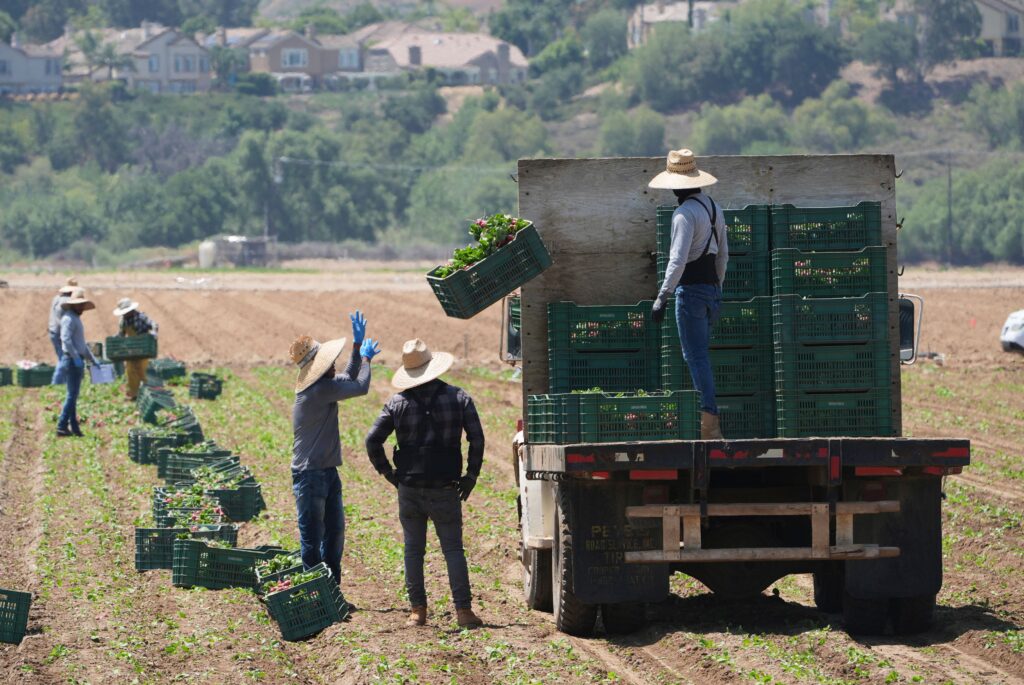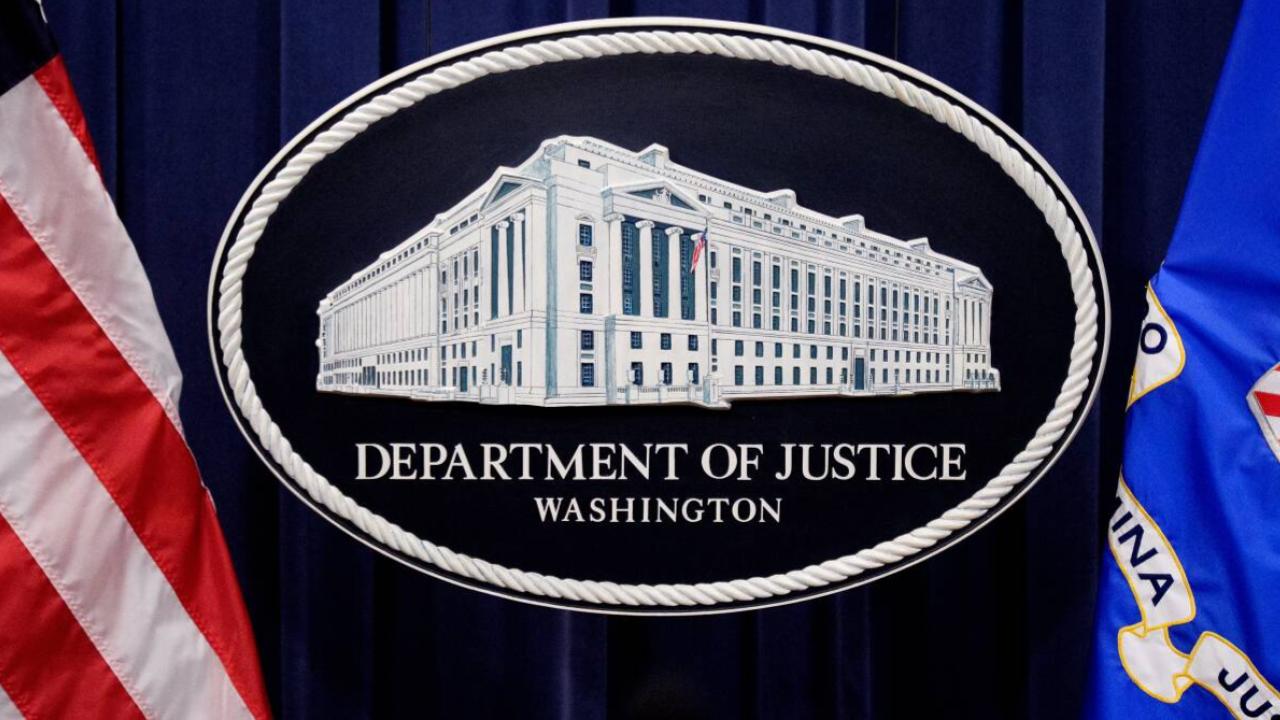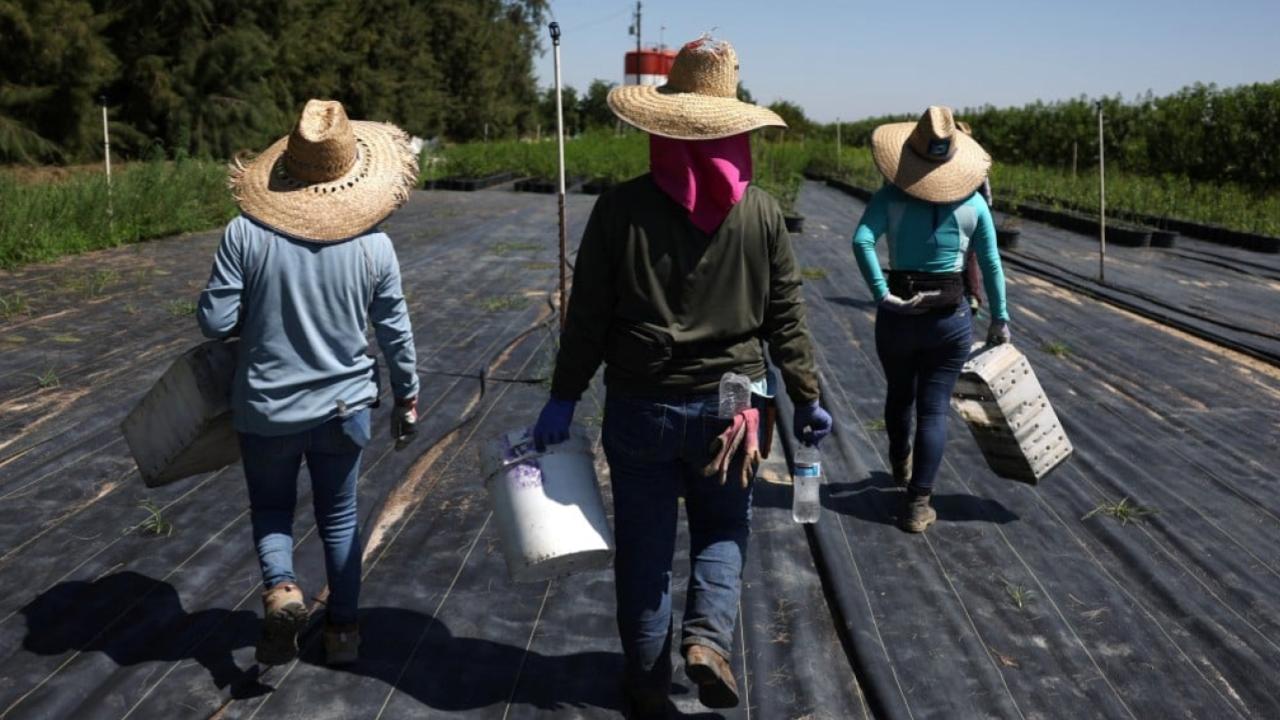Your local cafe or favorite weekend getaway spot could be the next to face a surprise visit from Immigration and Customs Enforcement. After a brief pause in mid-June, ICE has resumed full-scale workplace raids targeting industries like hospitality, agriculture, and food processing. Here’s what changed—and what it means for workers, business owners, and the average American consumer.

ICE Gets Green Light
| Takeaway | Stat |
|---|---|
| ICE daily arrest goal under Trump appointees | 3,000 arrests/day |
| Sales drop in South Omaha restaurants after raids | 40–80% |
| Enforcement rollback date | June 17, 2025 |
ICE Policy Whiplash
On June 12, ICE officials halted workplace raids at the direction of internal leadership, citing pressure from industry leaders and a need for clearer protocols. But by June 17, that pause was reversed. According to Reuters, the decision to restart raids came after high-level political pushback.
Stephen Miller, a Trump-era advisor still influential in immigration policy circles, reportedly urged the Biden administration to increase deportation efforts. A daily arrest quota of 3,000 was floated—ten times higher than under previous guidance. ICE sources indicated that meeting such a quota would require widespread raids, including sectors not typically prioritized.
Why Restaurants and Hotels Are on the Radar
Undocumented workers make up a significant portion of staff in many restaurants, hotels, and food service businesses. Raiding these locations allows ICE to meet high arrest targets quickly.
Yet this approach isn’t without collateral damage. When ICE conducted raids in South Omaha, small restaurant owners reported sales drops between 40% and 80%. Foot traffic dwindled overnight as communities reacted in fear.
I once managed a restaurant where half the kitchen staff were immigrants. We never asked about status, but I can tell you—those workers were the backbone of our operation. Losing them overnight would have shut us down.
Economic and Social Fallout
Beyond lost revenue, ICE raids ripple outward:
- Labor shortages: Hospitality and farming sectors already face staffing struggles. Raids worsen this.
- Supply chain strain: Food processing plants and farms hit by enforcement actions disrupt distribution.
- Community unrest: Protests erupted in cities like Los Angeles, prompting heightened law enforcement presence.
A Shift in ICE Strategy
Internal DHS documents suggest ICE is targeting areas with large immigrant populations, particularly those in sanctuary cities. The agency is also revisiting locations that previously underwent I-9 audits—paperwork checks employers undergo to confirm work authorization.
Interestingly, not all field offices are on the same page. Some are resisting the shift, citing legal and operational concerns. Others are going full steam ahead, creating a patchwork of enforcement nationwide.

What Can Businesses and Consumers Do?
Business owners can:
- Partner with legal aid groups to understand risk.
- Conduct internal I-9 audits to ensure compliance.
- Create contingency staffing plans.
Consumers should:
- Support local businesses that treat staff ethically.
- Stay informed via community alert systems.
- Expect service disruptions, especially in immigrant-heavy regions.
What Lies Ahead
The tension between political mandates and economic realities is mounting. As ICE continues its new directive, more communities will likely experience both fear and disruption.
Expect renewed lobbying from industry groups and possibly legal challenges if the raids begin to threaten major supply chains or tourist economies. Meanwhile, cities with sanctuary protections may become enforcement hotspots.
FAQs
Why did ICE resume workplace raids?
To meet high arrest targets allegedly backed by political appointees pushing for stricter immigration enforcement.
Are all restaurants and hotels at risk?
No, but those in immigrant-heavy communities or with previous I-9 issues may be more likely targets.
What are I-9 audits?
They are checks employers must perform to verify work authorization documents for their employees.
How can affected businesses protect themselves?
Consulting with legal professionals and conducting proactive audits are good first steps.






